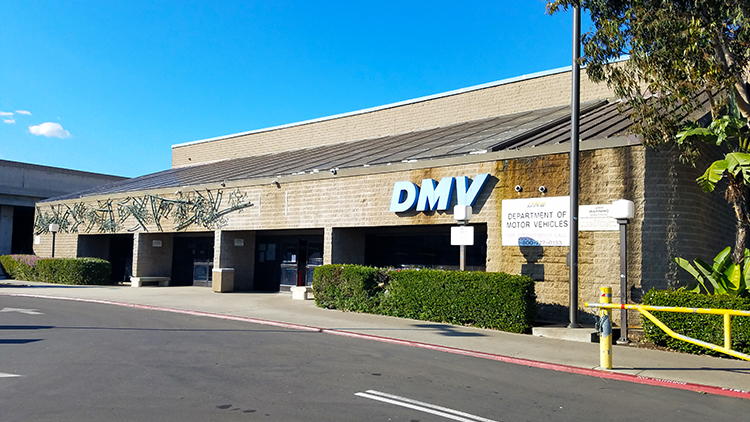Concerns over data privacy have surged this year as connected cars track driver habits, store behavioral patterns, and turn everyday movements into information often used by insurers. This growing unease comes as digital records continue to circulate far beyond the vehicles themselves.

Despite efforts to protect personal information, data collected by the Department of Motor Vehicles (DMV) is still accessible for purchase. According to InvestigateTV and Autoblog, the DMV in multiple states has been selling driver information to private investigators and data brokers, and motorists have no way to opt out. When registering a car or renewing a license, the DMV gathers personal details, and although physical records exist, digital versions are available to buyers.
Federal law authorizes this practice. The Driver’s Privacy Protection Act (DPPA), passed in 1994, prevents driver data from being made openly public but includes 14 “permissible uses” that allow DMVs to sell information. Under H.R.3365, these exceptions include federal and state agencies performing official duties, matters involving automobile or driver safety, legitimate business operations, research and restricted marketing, civil or criminal proceedings, and insurance investigations or antifraud work. The law also permits reselling personal information as long as the buyer has a qualifying use.
The business has become significant. InvestigateTV reports that 23 states collected $283 million by selling DMV data, with some records available for as little as $5. While critics warn the information could be misused if it reaches the wrong hands, supporters note it can aid investigations or help verify claims. The issue remains a grey area, and transparency continues to be central to the debate.
The broader conversation over vehicle surveillance also ties into related reporting, including a previously referenced piece titled “Your Car Is Watching You: How Modern Vehicles Became Data Spies on Wheels,” highlighting how car technologies have expanded the collection of driver-behavior data.
BY YEOL JANG [jang.yeol@koreadaily.com]

![LA residents fear ICE enforcement raids may spark violence like Minneapolis The Instagram account of the civic monitoring network @sc_communityalerts tracks the activities of federal agents and shares related information. [Instagram capture]](https://www.koreadailyus.com/wp-content/uploads/2026/01/0128-ICE-100x70.jpg)
![American Dream fades as young immigrants lose paths to stay in U.S. Undergraduate students at the University of Southern California, preparing to graduate in May last year, pose for photos in front of the school’s iconic “Traveler” statue on the campus quad. [Sangjin Kim, The Korea Daily]](https://www.koreadailyus.com/wp-content/uploads/2026/01/0128-dream-1-100x70.jpg)
